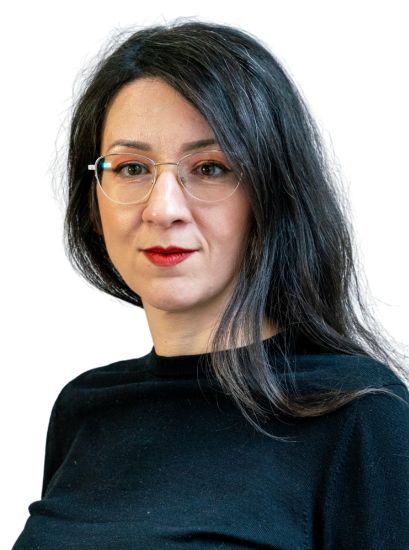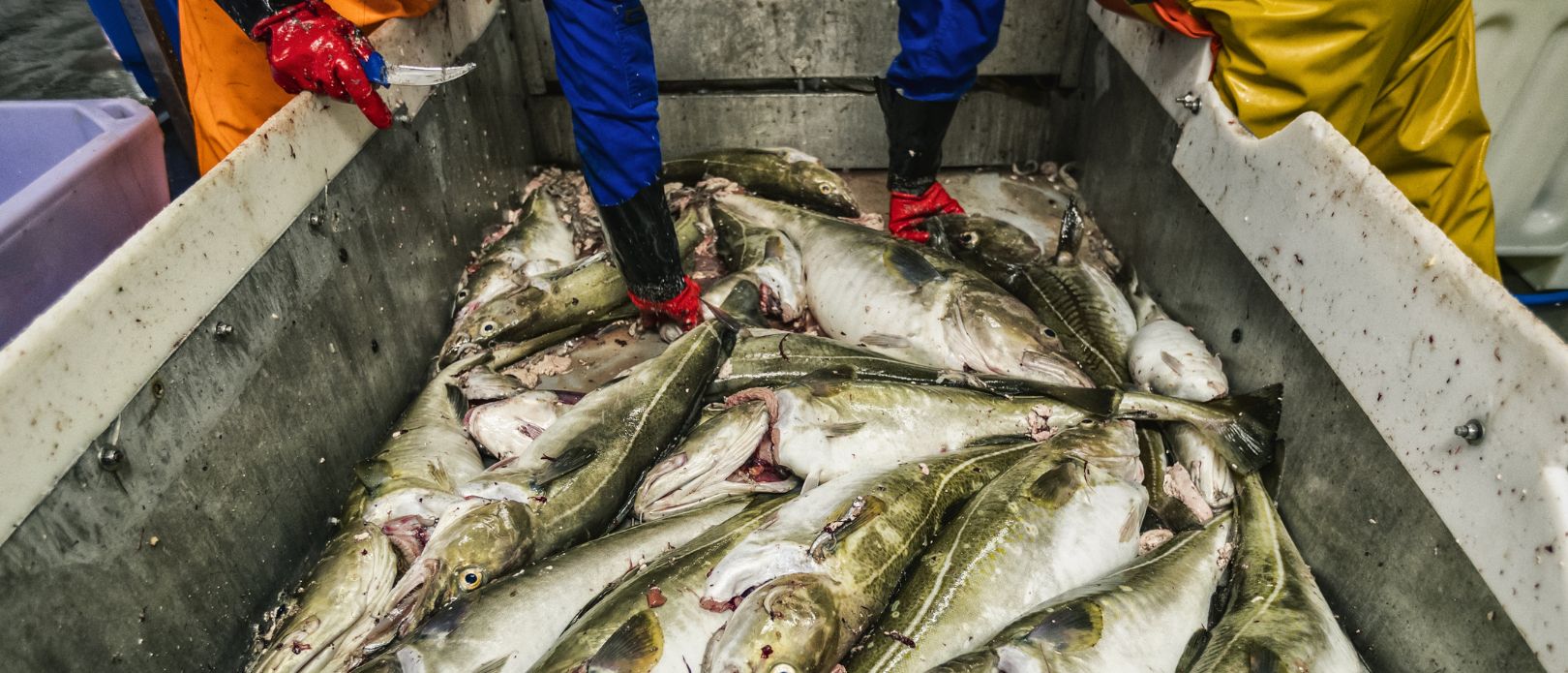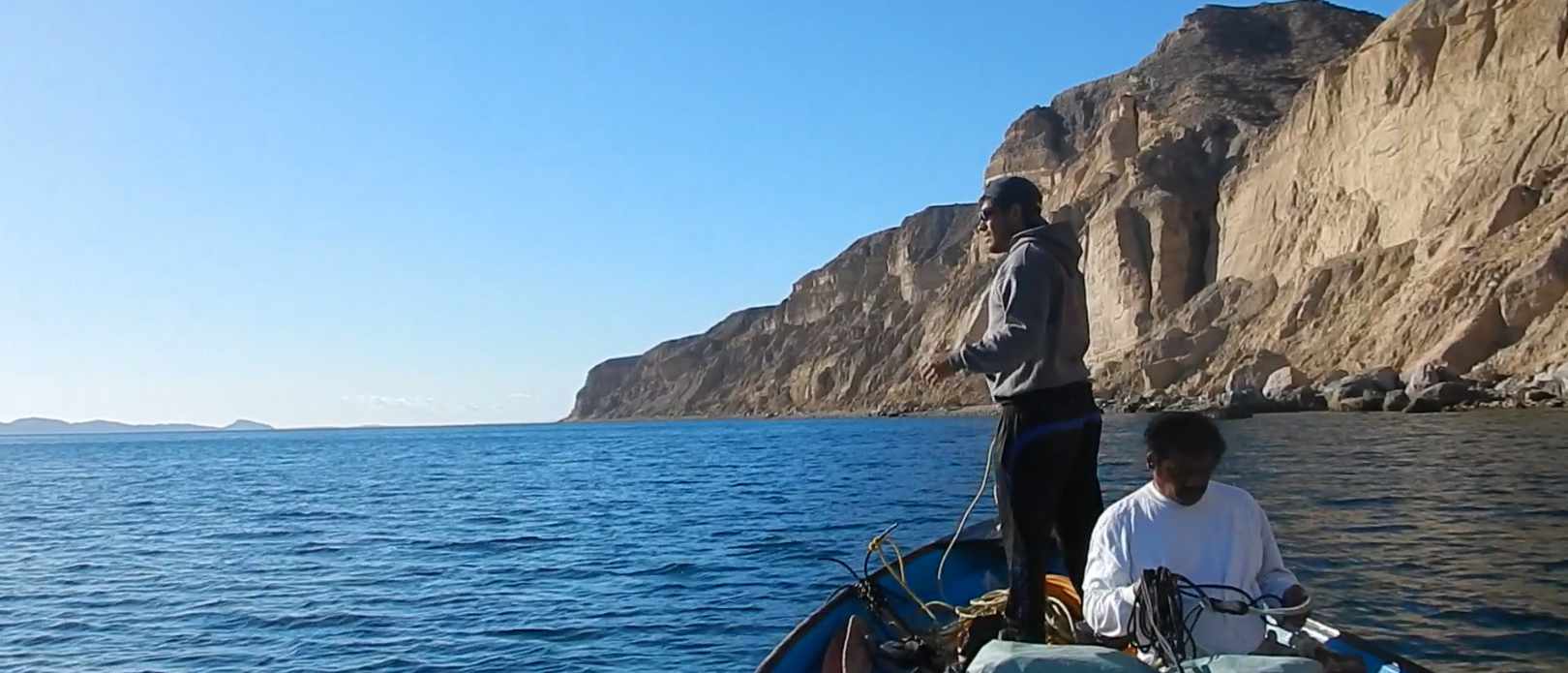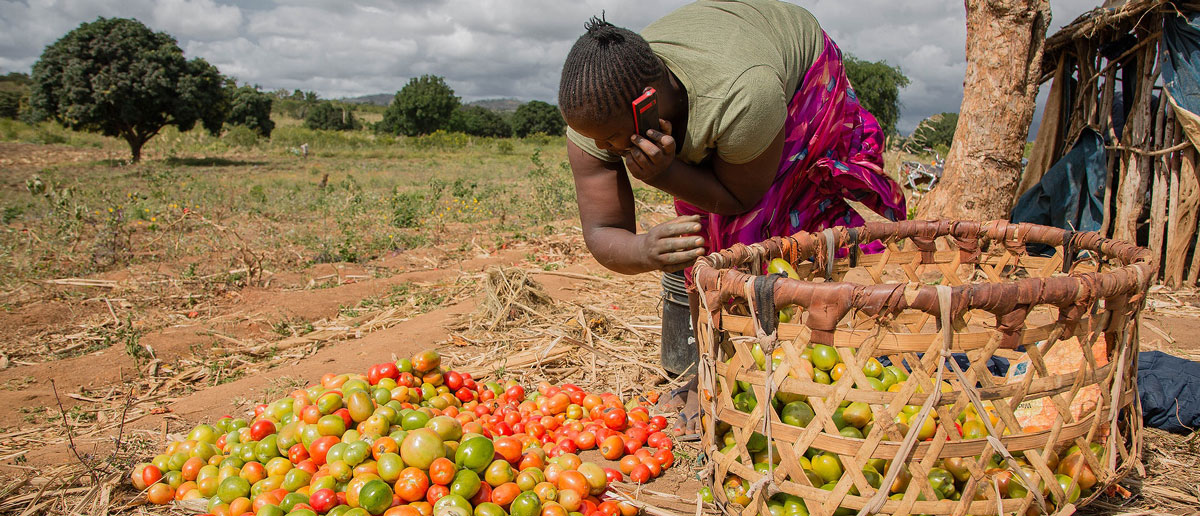
- Dynamical systems modeling
- Equilibrium and non-equilibrium dynamics
- Transient and asymptotic dynamics
- Poverty traps
- Regime shifts
Sonja Radosavljevic’s research is focused on exploring social-ecological systems dynamics with help of dynamical systems modeling and mathematical analysis.
Sonja Radosavljevic’s research is focused on exploring social-ecological systems (SES) dynamics with help of dynamical systems modeling and mathematical analysis.
Her research has two major branches. First, she leads a project on Sustainable poverty alleviation which aims to uncover how farmers’ decision-making in combination with agro-ecological dynamics can create desired or undesired outcomes. Methodologically, the project is based on dynamical systems and evolutionary game-theoretic modeling, in combination with empirical case studies and agent-based models. The models range from theoretical models representing agro-ecosystem dynamics and strategic behavior to empirically grounded models representing individual behavior and cross-level interactions. They are used to explore how interactions beween farmers decision-making and agrosystem dynamcis can increase their resilience toward shocks and lead to food security and escape from poverty.
Second, as a participating researcher in CauSES and TRANSMOD projects lead by Maja Schlüter, she uses mathematical tools to uncover key social-ecological interactions that create observed systems behavior and to explore how they can influence transformations of SES.
Radosavljevic received a PhD in Mathematics and Applied Mathematics from Linköping University in 2016 for developing mathematical models of population growth in spatio-temporal variable environment. She joined the Stockholm Resilience Centre in 2017 as a postdoc in Maja Schlüter’s research group. She used her knowledge of ecological modeling to develop social-ecological models and explore effects of nutrients and water dynamics on poverty traps.
Radosavljevic is a visiting researcher at the Insitute for Future Initiatives (IFI), Tokyo Univeristy in 2024.
Awards and achievements:
- Visiting Researcher at the Insitute for Future Initiatives (IFI), Tokyo Univeristy (2024)
- FORMAS research grant on sustainable poverty alleviation and food security (2021)
- Saari residence by Kone Foundation, Finland for art-science integration (2022)
Key publications
Hertz, T., Banitz, T., Martínez-Peña, R., Radosavljevic, S., Lindkvist, E., Johansson, L. G., ... & Schlüter, M. (2024). Eliciting the plurality of causal reasoning in social-ecological systems research. Ecology and Society, 29(1).
Radosavljevic, S., Banitz, T., Grimm, V., Johansson, L. G., Lindkvist, E., Schlüter, M., & Ylikoski, P. (2023). Dynamical systems modeling for structural understanding of social-ecological systems: A primer. Ecological Complexity, 56, 101052.
T. Banitz, T. Hertz, M. Schlüter, E. Lindkvist, S. Radosavljevic, L.-G. Johansson, P. Ylikoski, R. Martinez Pena, V. Grimm. (2022). Model-derived causal explanations are inherently constrained by hidden assumptions and context: The example of Baltic cod position paper. Environmental Modelling & Software. 105489. https://doi.org/10.1016/j.envsoft.2022.105489
T. Banitz, T. Hertz, L.-G. Johansson, E. Lindkvist, R. Martínez Pena, S. Radosavljevic, K. Wennberg, M. Schlüter, P. Ylikoski, V. Grimm. (2022) Visualization of causation in social-ecological systems. Ecology & Society. 27(1):31. https://doi.org/10.5751/ES-13030-270131
S. Radosavljevic, L. J. Haider, S. Lade, M. Schluter. (2021). Implications of poverty traps across levels. World Development. Volume 144, 105437, https://doi.org/10.1016/j.worlddev.2021.105437
S. Radosavljevic, L.J. Haider, S. Lade, M. Schluter. Effective alleviation of rural poverty depends on the interplay between assets, nutrients, water and soil quality, Ecological Economics, Vol. 169, (2020), doi.org/10.1016/j.ecolecon.2019.106494




